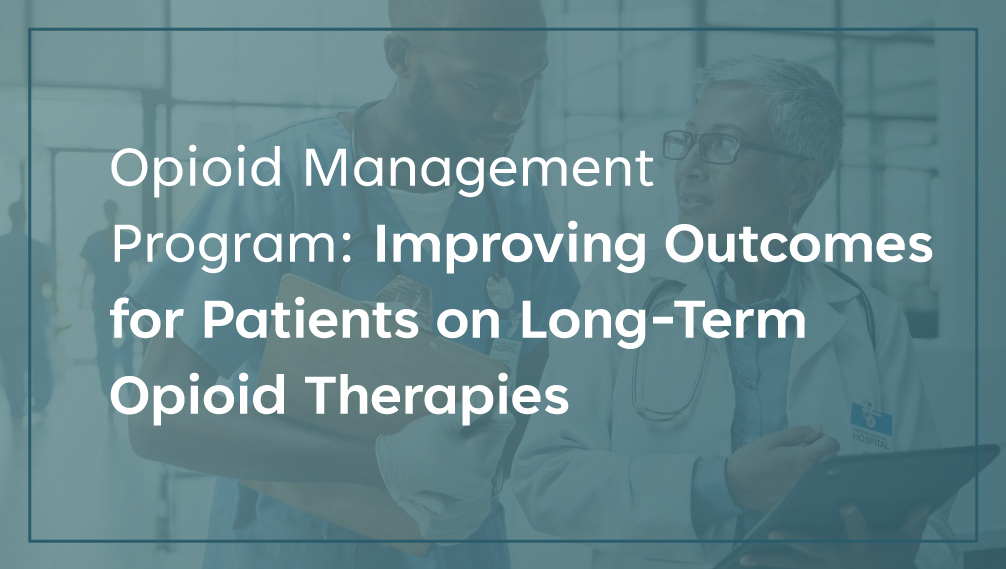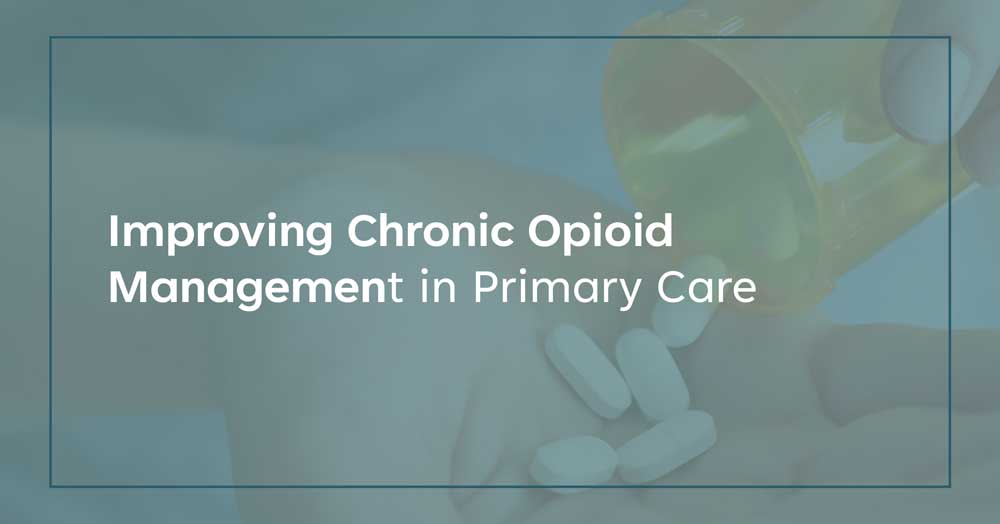Improve Chronic Opioid Management in Primary Care
The opioid crisis is a large and complex problem and requires a nuanced and multifaceted response. In 2016, a clinical research team at the University of Washington Department of Family Medicine and Kaiser Permanente Washington Health Research Institute developed the Six Building Blocks Program to address the crisis head-on by providing an evidence-based, guideline-driven opioid management process for primary care clinics managing chronic pain patients on long-term opioid therapy. Stroudwater Associates worked closely with the University of Washington Department of Family Medicine and Kaiser Permanente Washington Health Research Institute to become practice facilitators of the Six Building Blocks Program.
Opioid Overdoses Accelerate 30% During Pandemic
Nearly half of all dispensed opioid prescriptions come from primary care clinics and practices, placing primary care at the center of both the problem and solution. These healthcare facilities need a roadmap to improve opioid management of chronic pain patients and away to reduce reliance on long-term opioid therapy as a primary treatment for chronic pain. Our white paper dives into the continuing inconsistent prescribing patterns behind opioid prescription guidelines, what an evidence-based approach can do to opioid management, and the benefits of improving long-term opioid therapy.
Download White PaperAn Evidence-Based Approach to Opioid Management
Our opioid management team assists primary care clinics and provider practices to customize and integrate the Six Building Block Program into daily operations utilizing team-based care principles, including the following:
Evaluate Current State
Review Chronic Pain and Opioid Therapy Management policies and procedures, workflows, clinical protocols, staffing and infrastructure, roles and responsibilities within the clinics/practices.
Conduct Interviews
Conduct interviews with Practice and Quality leadership and other key stakeholders, including physicians and providers.
Identify and Provide Resources
Provide resources such as template tools and forms, opioid management continuing education resources, etc. as needed.
Perform a Gap Analysis
Identify clinical operational gaps, performance improvement opportunities, and make recommendations to Practice and Quality leadership.
Facilitate Virtual Action Planning Sessions
Facilitate staff/leadership working sessions to determine priorities and develop an organizational Six Building Blocks Program Implementation Action Plan.
Educate and Train
Conduct leadership, provider, and staff education and training regarding the Six Building Blocks Program.
Provide Ongoing Support
Provide ongoing virtual implementation coaching and support to participating clinics and practices as mutually agreed.







